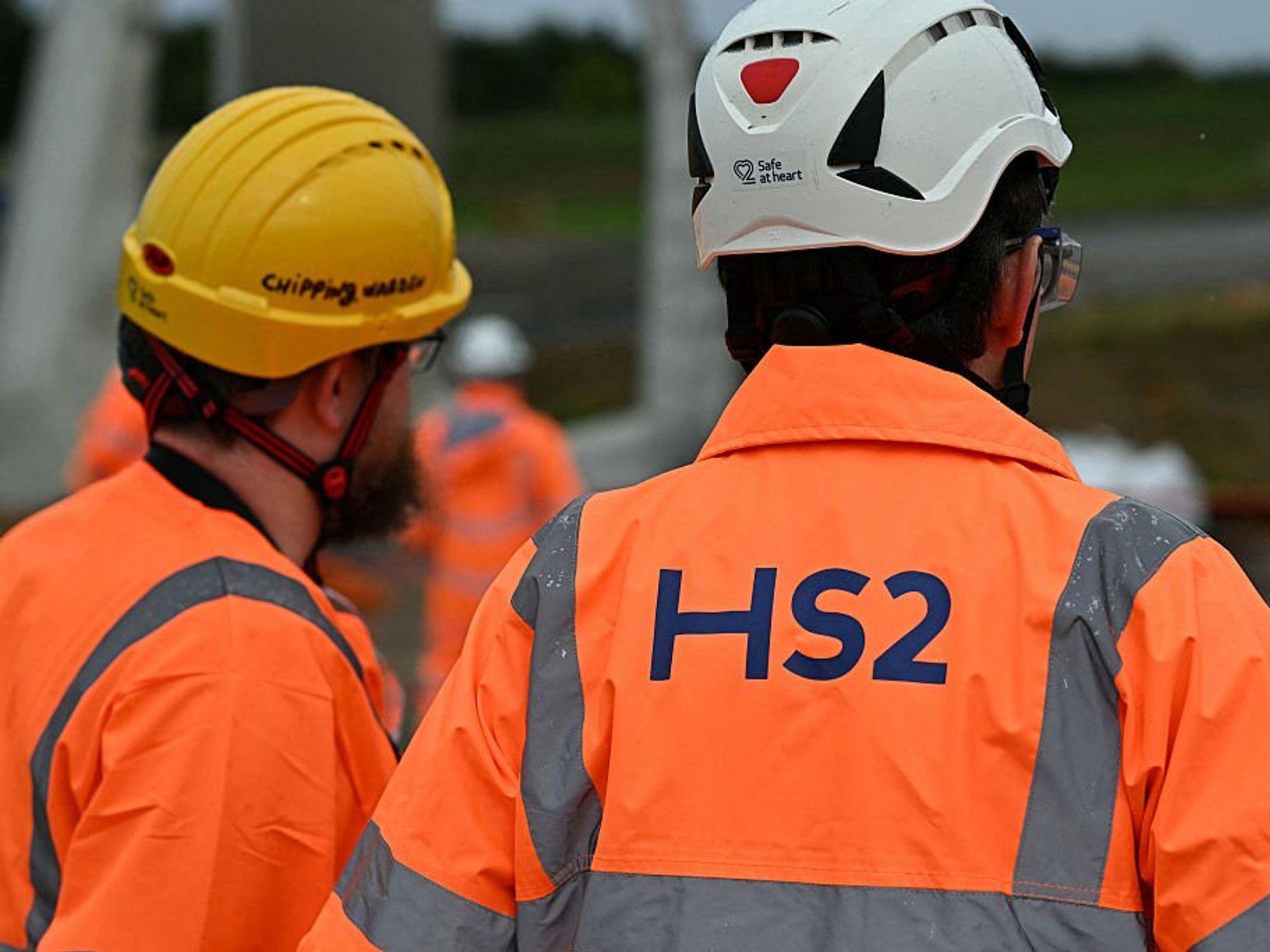Heart attack warning: People are reporting the EXACT same symptom more than one month prior

People are reporting experiencing chest pain more than one month before a heart attack
|Getty Images

A chilling study underscores the importance of listening to your body: it could signal a heart attack is just around the corner
Don't Miss
Most Read
It's morbid but true: heart attacks make good television. There's an almost cinematic quality to someone falling to the ground with agonising chest pain and being rushed to the hospital.
Make no mistake. Heart attacks are a medical emergency. But they often progress in a far more subtle fashion than popular depictions suggest - and the signs may show up more than one month before the event itself.
A study published last year looked at 242 people who had experienced a heart attack. Of those 242 people, 100 experienced prodromal symptoms—minor symptoms before the onset of a more severe condition—in their case, a heart attack.
In the study, published in Cureus, chest pain was the most common symptom, with 68 percent of people experiencing it prior to their heart attack. Almost half (32 percent) experienced the symptom more than one month before the potentially deadly event.

This was followed by chest heaviness at 44 percent, palpitations at 42 percent, shortness of breath at 34 percent, and chest burning at 27 percent. Unusual fatigue in 23 percent and sleep disturbance in 22 percent of the patients were also reported.
Other studies have found chest pain - characterised as a feeling of pressure, heaviness, tightness or squeezing across your chest - can predict a future heart attack.
An analysis supported by NIHR Applied Research Collaboration West Midlands found that Britons with unattributed chest pain were at a 15 percent increased risk of a heart attack in the first year, with a continued increased risk over the 10 years following their initial appointment.
They analysed GP, hospital, and death data from between 2002-2018 of over half a million adults with no prior history of chest pain or cardiovascular disease.
They compared cardiovascular outcomes, such as heart attack and stroke, between people with unattributed chest pain and those with chest pain attributed to a non-cardiovascular reason, such as a musculoskeletal condition.
Heart related chest pain can be difficult for GPs to diagnose because the symptoms may be put down to other commonly associated conditions, such as muscular problems or anxiety, and blockages to the smallest blood vessels supplying the heart are too small to see with traditional tests.
The researchers suggest improved targeting of patients with unexplained chest pain and a high-risk profile could reduce future heart attacks.
Using non-invasive investigation techniques, such as heart X-rays, in those with unexplained chest pain and a high-risk profile may help to identify early signs of a heart attack.
LATEST DEVELOPMENTS

Britons with unattributed chest pain were at a 15 percent increased risk of a heart attack in the first year
| GETTY IMAGESProfessor Kelvin Jordan, project lead and Professor of Biostatistics at Keele University’s School of Medicine, said: “Chest pain is a common reason to go and see a GP. There are many potential causes of this pain and often patients do not receive a specific diagnosis. Our study suggests that these patients are more likely to have a future heart attack than patients given a non-cardiac reason for their chest pain.
“We now aim to identify common factors in patients who did go on to suffer a heart attack. This information will help GPs identify those patients with unexplained chest pain who are most at risk so they can be offered medication or further support at an earlier stage to reduce likelihood of a future heart attack.”
How to respond
The NHS says to call 999 immediately if you think someone might be having a heart attack. The faster you act, the better your chances.
"If aspirin is available and you are not allergic to it, slowly chew and then swallow an adult-size tablet (300mg) while you wait for the ambulance," advises the health body.
Aspirin helps to thin your blood and improve blood flow to your heart.










